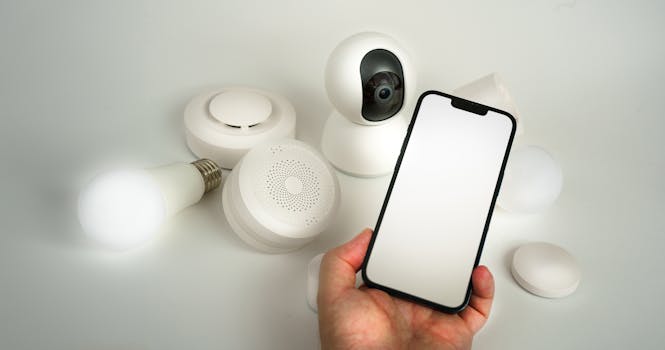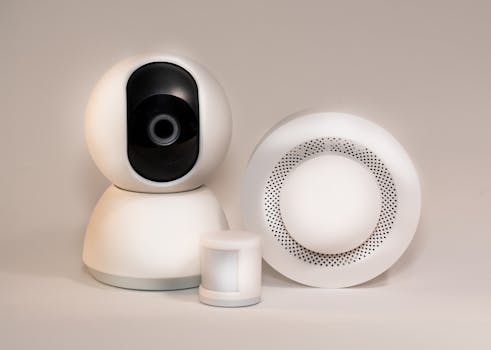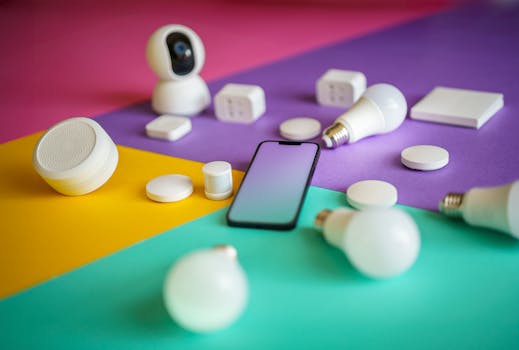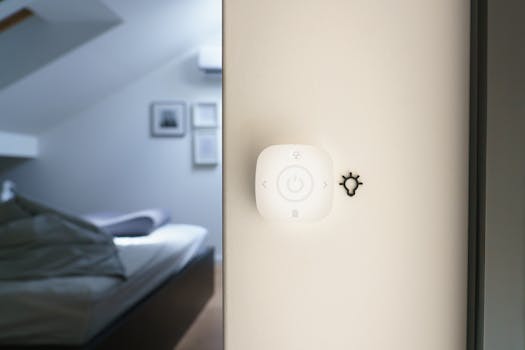Home Automation in 2025: The Smart Home Ecosystem
Introduction to Home Automation

Home Automation in 2025: The Smart Home Ecosystem is revolutionizing the way we live in our homes. With the advancement of technology and the Internet of Things (IoT), home automation has become a reality. Home automation refers to the use of technology to control and monitor various systems and devices in a home, making it more convenient, energy-efficient, and secure.
Benefits of Home Automation
Home automation offers numerous benefits, including increased convenience, energy efficiency, and enhanced security. With home automation, you can control lighting, temperature, and security systems remotely, making it easier to manage your home. Additionally, home automation can help reduce energy consumption, lower utility bills, and improve home safety.
Smart Home Devices and Systems

There are various smart home devices and systems available in the market, including smart thermostats, smart lighting systems, security cameras, and door locks. These devices can be controlled and monitored remotely using smartphones, tablets, or voice assistants like Alexa and Google Home. Some popular smart home devices include Amazon Echo, Google Home, and Apple HomePod.
Artificial Intelligence in Home Automation
Artificial intelligence (AI) is playing a significant role in home automation, making it more intuitive and responsive. AI-powered smart home devices can learn your habits and preferences, adjusting the lighting, temperature, and security systems accordingly. For example, an AI-powered smart thermostat can learn your schedule and adjust the temperature to optimize energy efficiency.
Home Security and Surveillance

Home security and surveillance are critical aspects of home automation. With the use of security cameras, door locks, and motion sensors, you can monitor your home remotely and receive alerts in case of any suspicious activity. Some smart home security systems also integrate with emergency services, providing an added layer of protection.
Energy Efficiency and Sustainability
Home automation can also help reduce energy consumption and promote sustainability. Smart thermostats, smart lighting systems, and energy monitors can help you track your energy usage and optimize it to reduce waste. Additionally, smart home devices can be integrated with renewable energy sources, such as solar panels, to further reduce your carbon footprint.
Conclusion

In conclusion, home automation in 2025 is transforming the way we live in our homes. With the use of smart home devices and systems, artificial intelligence, and energy-efficient technologies, we can create a more convenient, secure, and sustainable living space. As technology continues to evolve, we can expect to see even more innovative solutions emerge, further enhancing the smart home ecosystem.


